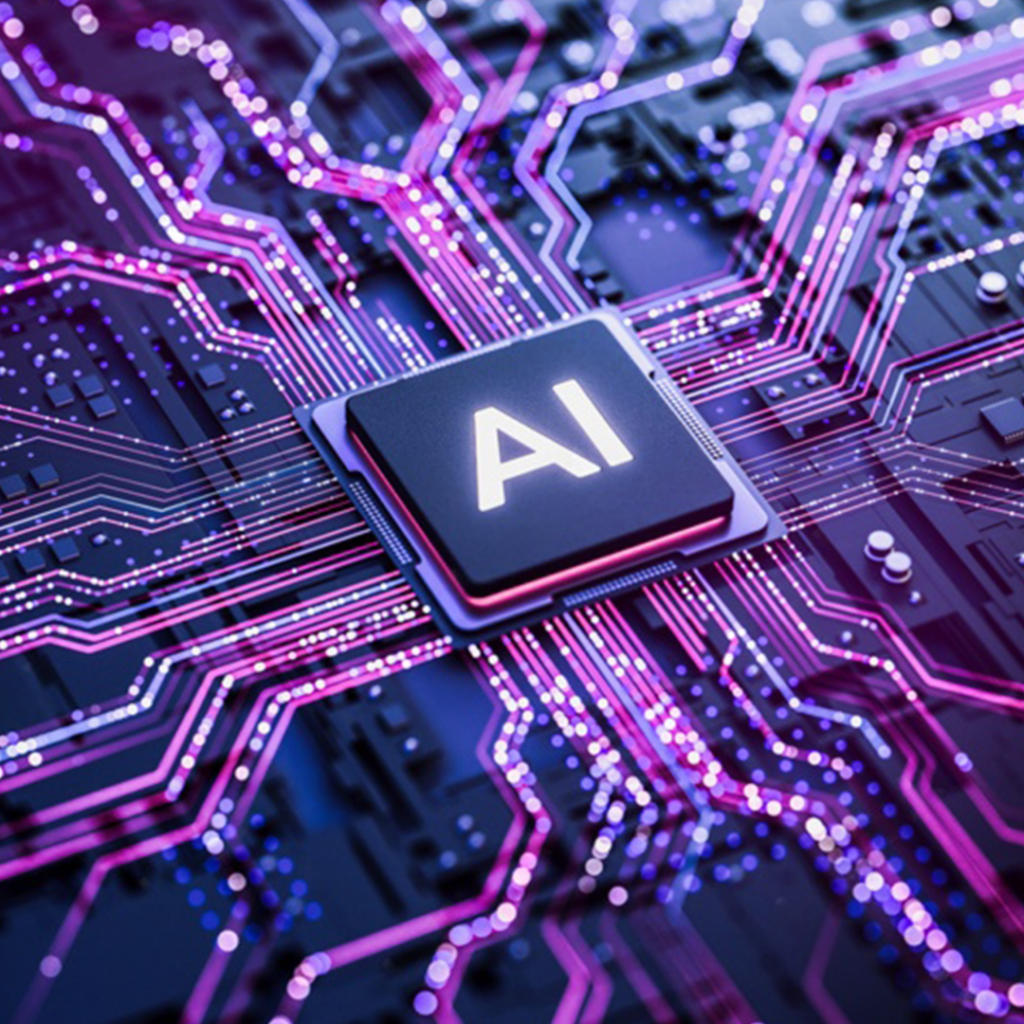
In the rapidly evolving landscape of digital marketing, artificial intelligence (AI) is making waves, transforming how businesses across the Asia-Pacific (APAC) region engage with consumers. The comprehensive report “The State of AI in Marketing: AI Trends and Actionable Insights,” developed by MMA Global APAC in collaboration with Punctuate Inc., offers a deep dive into AI’s adoption and its revolutionary impact on marketing practices.
AI in Marketing: Key Findings
The report highlights a diverse range of AI adoption stages among businesses in APAC. With 36.96% of companies in the experimentation phase and 36.02% having moved to partial integration, it’s clear that while AI development in marketing is progressing, many businesses are still in the early stages of incorporating AI technologies into their strategies.

AI’s transformative capabilities are most evident in the realm of personalized consumer experiences and enhanced data analytics. By leveraging vast amounts of consumer data, AI enables businesses to deliver highly tailored marketing content and product recommendations, significantly boosting engagement and satisfaction. For instance, personalized recommendations are utilized by 50.31% of businesses, while 57.45% employ AI for customer insights.
Personalized Consumer Experiences
AI-driven personalization goes beyond mere product recommendations, extending to emails, newsletters, and website interfaces. By analyzing consumer behavior patterns, purchase history, and browsing data, AI can predict individual preferences with remarkable accuracy. This leads to more relevant and enjoyable shopping experiences, fostering deeper brand-consumer connections and enhancing brand loyalty.
Moreover, AI-powered personalization allows for a more efficient allocation of marketing resources. By targeting specific consumer segments with tailored content, brands can achieve higher engagement rates and better returns on investment (ROI). This strategic approach reduces wastage and ensures marketing efforts are directed towards consumers more likely to respond positively.
Enhanced Data Analytics for Decision Making
AI algorithms excel at analyzing and interpreting vast datasets, providing marketers with actionable insights to optimize campaigns in real-time. These advanced analytics tools are essential for uncovering trends, predicting consumer behavior, and making informed marketing decisions that enhance campaign effectiveness.
AI’s ability to segment audiences more accurately enables the identification of micro-segments with specific characteristics, allowing for highly personalized marketing messages. This increases engagement and conversion rates by resonating more deeply with each segment. Additionally, AI-driven analytics provide predictive insights, forecasting future consumer behavior and market conditions. Marketers can use these predictions to design proactive strategies, leading to more effective campaign planning and execution.

Despite AI’s immense potential, the primary challenge in its adoption is the need for specialized skills and training. According to the report, 62.42% of respondents indicated this as a significant barrier. Investing in comprehensive training programs is crucial to equip marketing teams with the necessary skills to fully leverage AI capabilities.
Automated Customer Interactions (Chatbots)
AI-powered chatbots have revolutionized customer service by efficiently handling routine inquiries, providing instant responses, and significantly enhancing overall customer satisfaction. Thanks to advancements in natural language processing (NLP), AI chatbots learn from past interactions, delivering more accurate and personalized responses over time.
These chatbots gather valuable customer data during interactions, offering insights into common issues and customer preferences. Analyzing this data helps businesses identify trends and areas for improvement, proactively addressing customer concerns and enhancing their offerings.
Additionally, AI chatbots contribute to cost savings by automating a significant portion of customer service interactions. This reduces the need for large customer support teams, lowers operational costs, and allows businesses to allocate resources more effectively.
AI in Marketing: Challenges and Opportunities
While AI presents unprecedented opportunities, businesses face significant challenges in its adoption. The primary obstacles include the need for specialized skills and training (62.42%) and the high costs associated with AI technologies (31.06%). These challenges underscore the importance of strategic planning and investment in training programs to develop the necessary AI skills, as well as managing the financial aspects of AI integration effectively.

Conclusion
The insights from the “State of AI in Marketing: AI Trends and Actionable Insights” report provide a valuable roadmap for organizations aiming to harness the power of AI in their marketing strategies. As AI continues to evolve, its potential to transform marketing practices and enhance consumer engagement is undeniable. By embracing AI-driven strategies, businesses can unlock new levels of efficiency, effectiveness, and innovation, positioning themselves at the forefront of the digital marketing revolution.
And who wouldn’t want to be a part of that winning team?



















